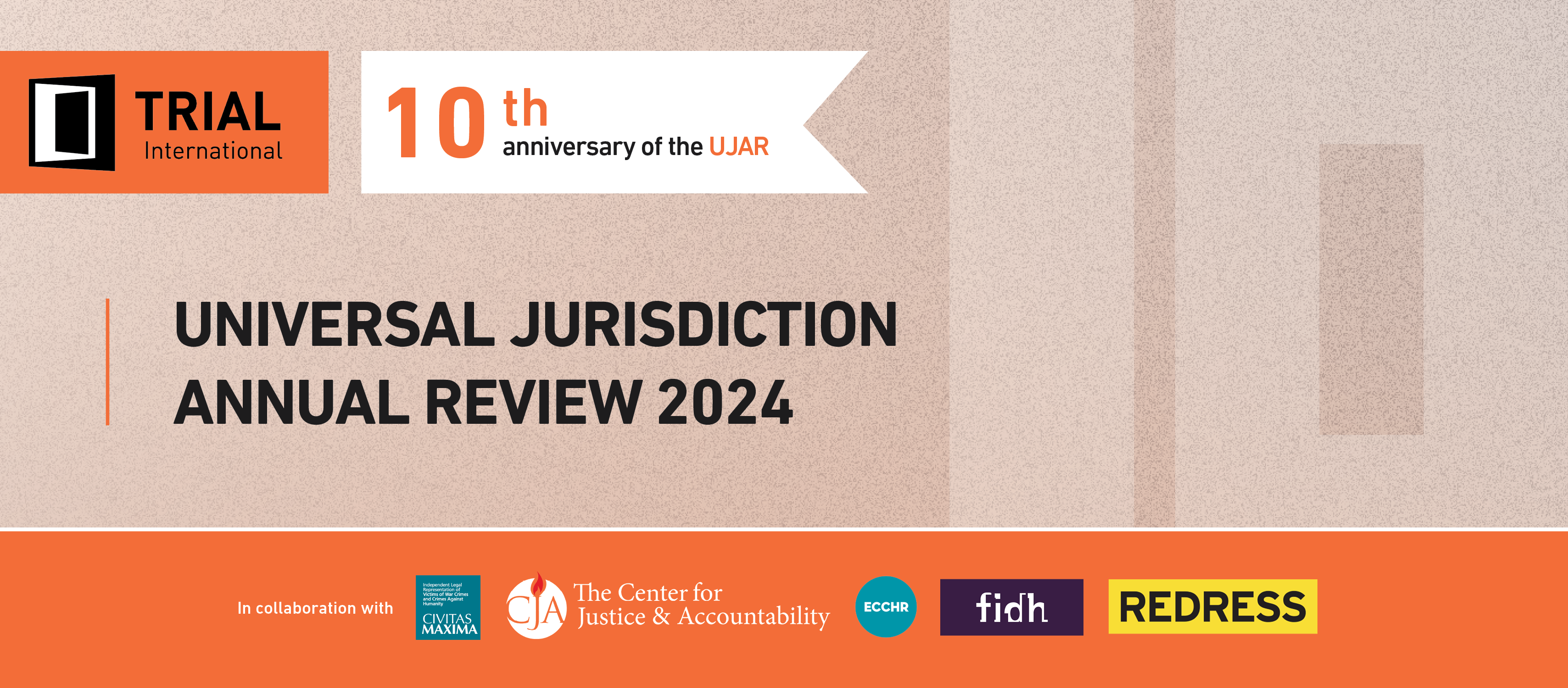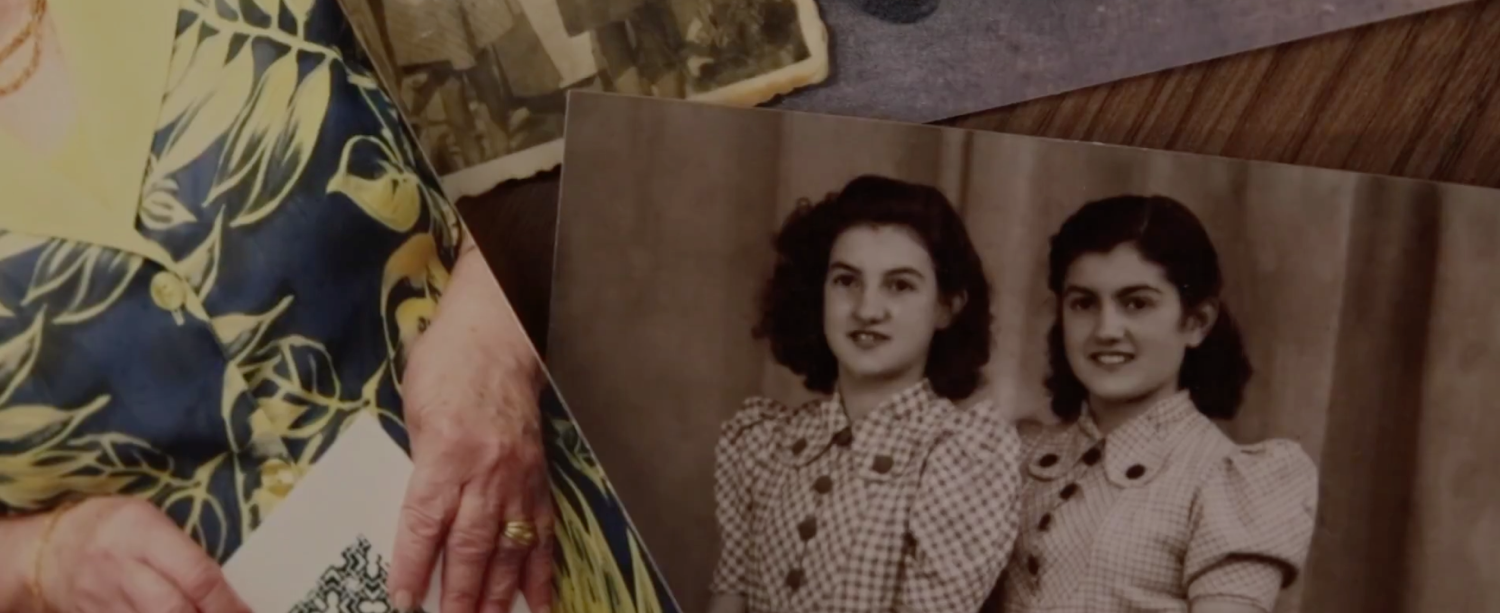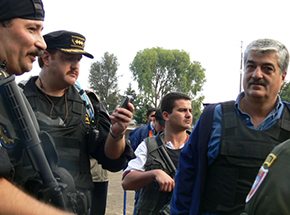Context
Several decades after the fall of Franco’s regime, numerous crimes of that era remain unpunished. The 1977 amnesty law still prevents victims and their relatives to access justice at domestic level. TRIAL International has focused its action on enforced disappearances, a crime widely used during and after the Civil War by Franco’s forces.
The Spanish Civil War (1936-1939) opposed the left-wing Republicans to the conservative Nationalists. After the latter’s victory, “Generalissimo” Franco ruled with an iron fist for almost four decades. During and after the war, political opponents, intellectuals, students and other dissenters were widely subjected to human rights abuse.
Enforced disappearances was a systematic practice by Franco’s loyalists. Women, as well as other groups, were particularly at risk of such violence, either to stifle their own activism, or in retaliation for their relatives’ political opinions.



